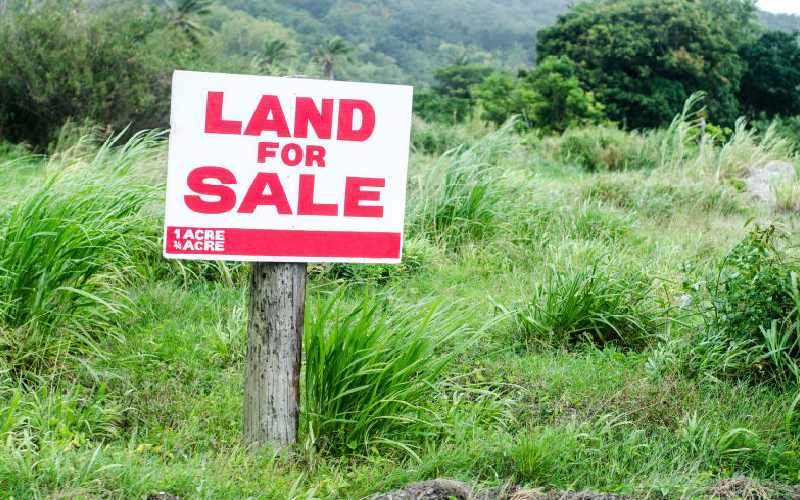×
The Standard e-Paper
Stay Informed, Even Offline
 The land from Ruai to Mua Hills is flat and mostly unoccupied. Several signboards indicate it is on sale.
The land from Ruai to Mua Hills is flat and mostly unoccupied. Several signboards indicate it is on sale.
The first question one would ask is, who owns this land? Who is selling land 57 years after uhuru (independence)? What happens when this last frontier goes?